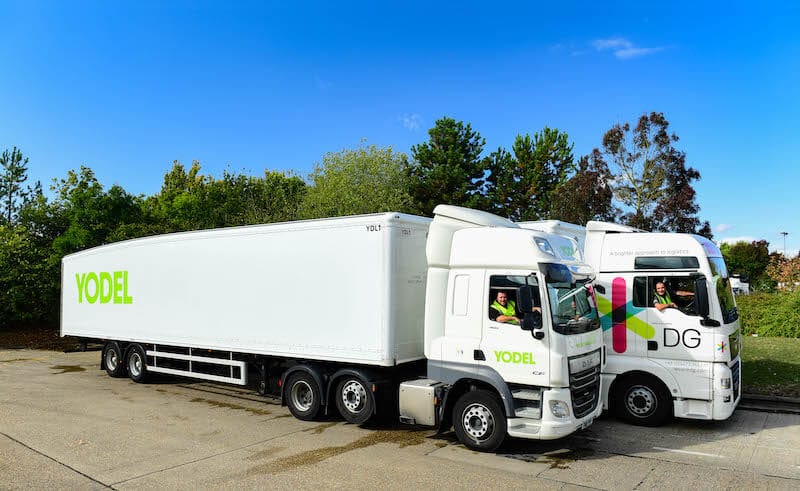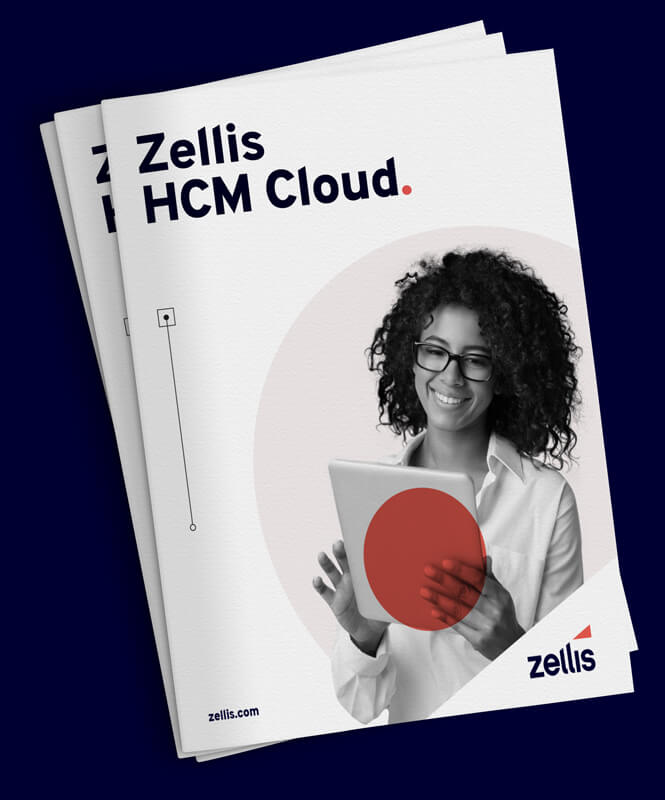You’ve probably noticed the term Human Capital Management (HCM) being used more frequently in worlds of HR and IT over the past decade or so. In fact, Gartner predicts that by 2025, 60% of global midmarket and large enterprises will have invested in a cloud-deployed HCM suite, in order to better manage increasingly complex workforces.
But what exactly is HCM, and what does it mean for businesses?
Defining HCM
The aim of HCM is to shift the traditional view of HR functions like recruiting, payroll, talent management, and compensation from purely administrative, to strategic and value-adding.
It contends that investing more in an organisation’s most important asset – its people – will lead to stronger business outcomes. In other words, an organisation with a highly engaged and motivated workforce is likely to be more productive and successful.
Embracing HCM therefore helps organisations to align business strategy with people strategy more effectively.
But HCM is as much about technology as it is business strategy. Organisations with mature HCM solutions use automated processes and artificial intelligence within functions like payroll and HR – moving away from a more manual, time-consuming, and resource-intensive approach.
This shift benefits organisations in three key ways:
- It empowers employees to refocus on strategic work by taking routine tasks off their hands
- It improves the overall cost-effectiveness and efficiency of mission-critical processes
- It enables them to become more data-driven, and focused on unlocking valuable insights from the wealth of information created by HCM.
What are the main applications within HCM?
Various core applications are used to enable an HCM approach, including:
Extra applications can further support HCM, depending on the specific needs of the organisation. These include:
- Workforce management, such as workforce planning and time and attendance
- Talent management, such as recruitment, onboarding, and performance management
- Compensation management
- Reward and recognition
Why are businesses embracing HCM?
Organisations are embracing HCM for several key reasons, including:
To manage increasingly complex workforces
Workforce complexity is increasing constantly due to globalisation, technological advances and other key socio-economic factors. In particular, modern workforces are often transient: we have a much higher proportion of temporary, interim, and freelance workers than ever before. The growth of the ‘gig economy’ has led to less predictable staffing patterns, and often very different employee needs.
Plus, there’s the ever-changing regulatory environment. In order to maintain continuous compliance with regulations, highly specialised and reliable solutions must be adopted. These solutions can include built-in compliance tools for payroll teams that must consistently meet high standards of accuracy in areas such as a minimum wage, pensions, and employment benefits.
To become more data-driven
The sheer wealth of information naturally created by HR functions can be overwhelming.
Human Capital Management solutions play an imperative role in helping organisations to not only collect, store, transmit and secure ‘people’ data for use in key processes, but also to analyse it, as a means of generating powerful business insights. These insights can support crucial decision making, as well as help with forecasting workforce changes, giving businesses more time to plan and adapt.
At the heart of all of this is the need to build a ‘single source of truth’ across all key functions. This ensures that data is constantly kept clean, accurate and referable in the HCM system for all appropriate uses.
To improve costs and efficiency
Due to economic uncertainty and global competition, many businesses are under increased pressure to drive serious cost improvements and create more resource-effective processes.
Utilising the sophisticated process automation within HCM solutions is an important way to do this. Stronger automation boosts the accuracy and efficiency of payroll, HR, and workforce management processes, reducing the risk of costly errors and compliance breaches. In turn, staff can be redeployed or reskilled in areas in which ‘human’ competencies are more desperately needed.
Plus, with a more data-driven approach, organisations can develop a better understanding of the financial impact that areas like recruitment, compensation, and benefits have on the business – and this informs smarter HR spending decisions.
To attract, engage, and retain top talent
Strong recruiting and onboarding processes aid businesses in attracting and engaging top talent. But it’s not just during the recruitment stage that a strong HCM approach is beneficial. Providing employees with exceptional digital experiences, growth opportunities, a wide benefits selection, and more, helps to keep them satisfied and motivated.
More and more employees are expecting stronger technology experiences in the workplace – much like the experiences they get with major consumer brands. As such, HR systems that are easy-to-use, mobile-friendly, and convenient are more important than ever before.
Getting these technology choices right leads to a workforce with a lower of rate of turnover, and one that produces better business outcomes.
To build scalable, integrable, cloud-based systems
The most advanced HCM solutions are generally more integrable, scalable, and cloud-based, allowing them to meet the intricate IT needs of modern enterprises. There are various benefits to having such a solution in place.
Cloud-based solutions can be deployed, integrated, and scaled quickly and more easily, as and when required, such as during periods of rapid organisational growth or change (e.g. M&A). Any necessary upgrades or new features can also be consumed rapidly. The seamless integration of cloud-based solutions can help businesses create more efficient workflows, optimise their IT costs, and bolster collaboration across the organisation.
Cloud-based solutions can also better support remote workers, since employees can access the data and systems they need in no time, wherever they’re working from.
HCM solutions are on the rise
It’s clear that there’s a lot of value in adopting a cloud-based HCM solution. Ultimately, it helps organisations to closely align their people, process, and technology requirements, making them more agile, data-driven, and efficient in today’s competitive – and uncertain – business environment.
To learn more about our exciting new HCM solution, Zellis HCM Cloud, contact us today.















